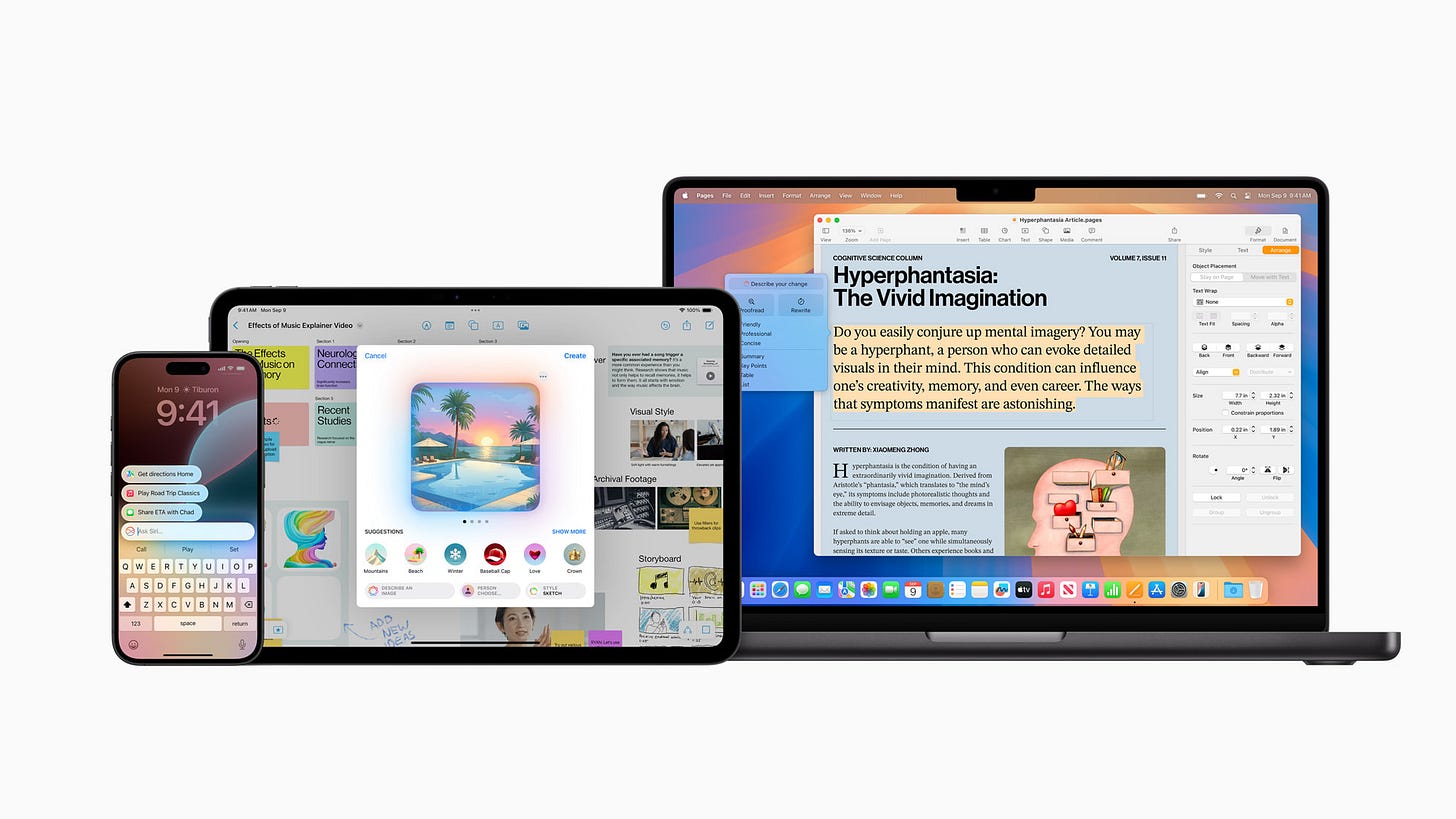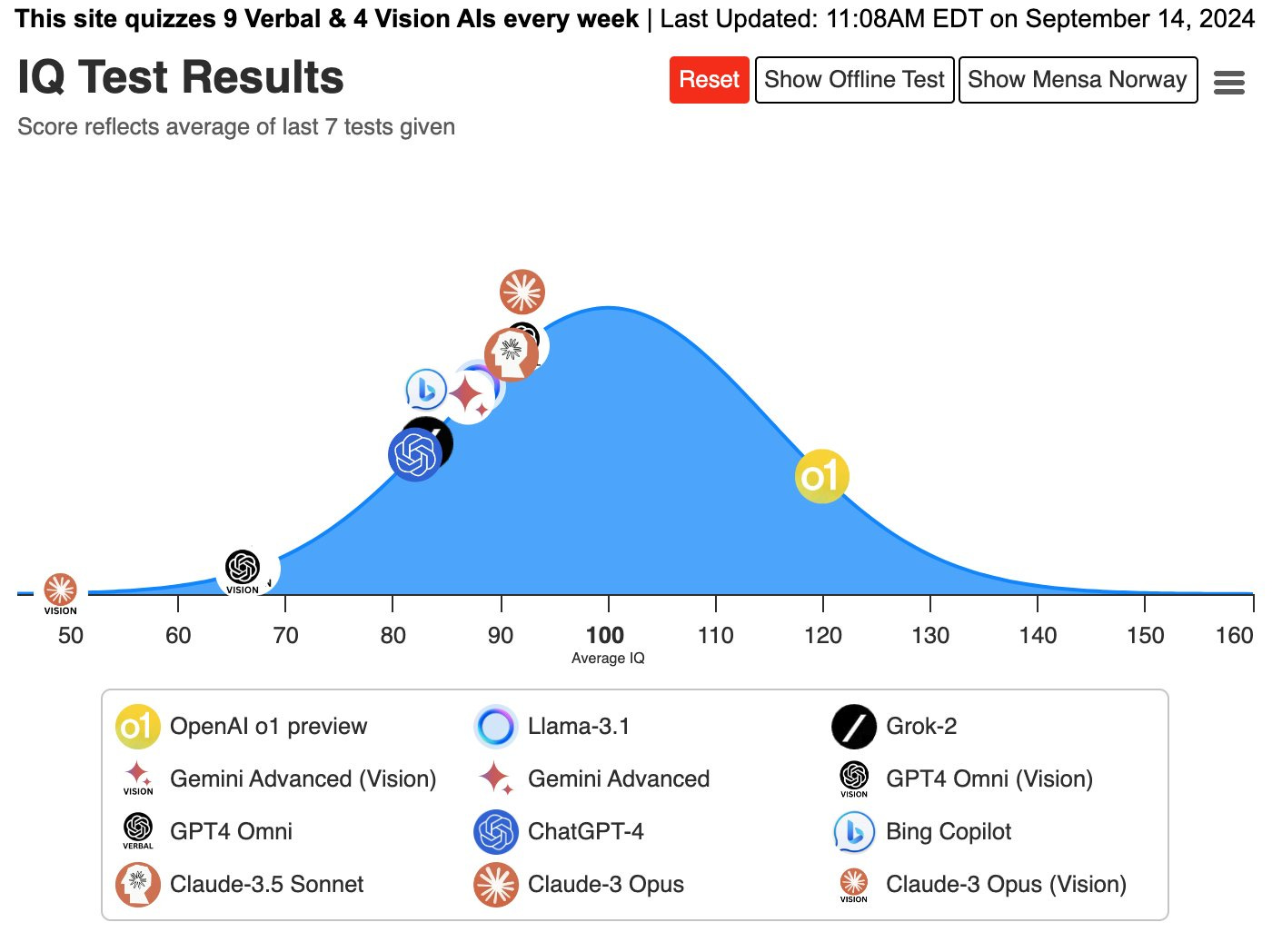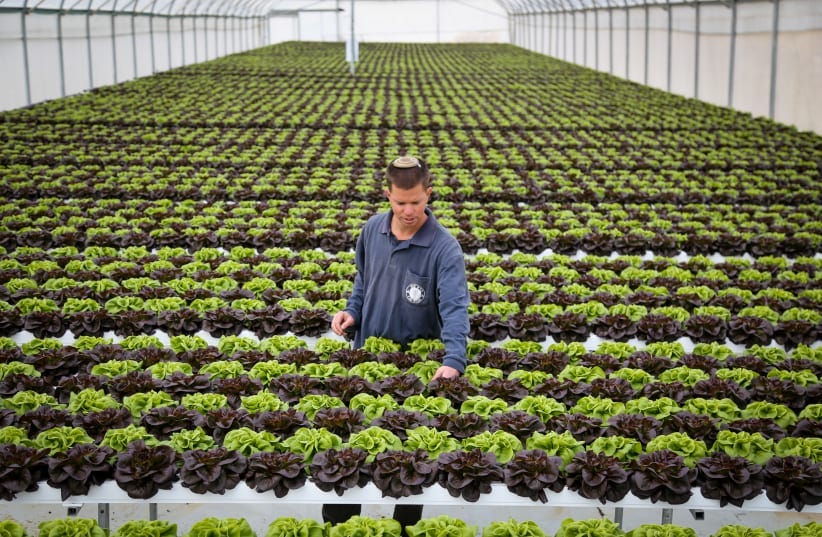(#92) OpenAI. Nike. Strava. Apple.
Ikea launches secondhand marketplace to compete with eBay
Today’s insights:
more on Apple’s September event
OpenAI’s new toy: o1
[Follow-up] Who made Nike uncool?
Europe’s new normal: High energy bills
Strava: the new social network
Chick-fil-A is reportedly launching a streaming service
Onto the update:
Strategy
more on Apple
Last week we discussed what mattered during Apple’s last event. Here are some points that I want to add and which make total sense:
1/ A supercycle will not happen this year, but next year. Because of missing the Apple Intelligence and…China. Apple Intelligence will be deployed gradually, while the “China strategy” is to have a super competitive base model, which is Apple 16.
2/ Apple Intelligence - for the first time at a hardware event we saw Craig Federighi, Senior Vice President of Software Engineering, talking about software and AI. That tells you more about how strategic ai Apple Intelligence is to Apple.
3/ Going after the healthcare market seems now pretty clear for Apple. People will end up using their products as part of the “insurance package”. You will not be able to get insurance unless use the watch and/or AirPods.
4/ In 3 years Apple will turn 50. From this point of view is turning into a boomer company. I wonder who will be next in charge of bringing back the cool vibe. At this point, I almost forgot that Apple’s mighty iPhone event was less than two weeks ago.
OpenAI’s new toy: o1
OpenAI launched a new model that is better at reasoning. Here are some facts:
1/ Now, the model can check itself before responding. How this has been done is explained in this paper. LINK
2/ Can do many math and science tasks at PhD level (!)
3/ Has an IQ of 120. The majority of the population falls within a range of about 85 to 115, with an average of 100.
4/ It’s much more expensive than 4o because it uses extra tokens to check and reason.
We are one step closer to AGI. OpenAI, Maxim Lott, Noam Brown, Deep Prassad, McKay Wrigley, Gary Marcus,
[Follow-up] Who made Nike uncool?
It's really hard to make Nike uncool, but somebody did it.
I wrote about this story in my newsletters #84 and #85, but here is Bloomberg:
1/ John Donahoe's tenure as Nike's CEO has been characterized by a strategy that yielded short-term gains but created long-term challenges. His "Consumer Direct Acceleration" plan initially boosted direct-to-consumer sales and margins by cutting ties with many retail partners and focusing on Nike's own stores and digital platforms. However, this approach damaged relationships with key retailers and led to an overreliance on classic sneaker models like Dunks and Air Force 1s. The resulting market saturation has led to declining consumer interest in these once-hot products.
2/ Under Donahoe's leadership, Nike's innovation pipeline has stagnated significantly. Unlike previous CEO Mark Parker's era, the company has struggled to produce breakthrough products that capture consumer imagination and drive sales. This slowdown in innovation can be attributed in part to a brain drain of talent, particularly in design and technology roles. The lack of exciting new products has created opportunities for competitors to gain market share, especially in key categories like running shoes where newer brands have been able to establish themselves.
3/ Nike now faces substantial internal and external pressures. Employee morale has suffered due to layoffs, Donahoe's management style, and a perceived lack of clear direction. Externally, the company is losing market share to established competitors and new entrants across various product categories. These challenges have resulted in declining financial performance, increasing scrutiny from investors, and speculation about potential leadership changes. The situation highlights the difficulties Nike faces in maintaining its position as a leading innovator in the highly competitive sportswear and sneaker markets. LINK
Europe’s new normal: High energy bills
For companies to build and thrive it’s mandatory to have cheap energy. Now that the “Russian deal” is gone and nuclear is under total assault, the result is high energy bills. Soon, there will be no industry left in Europe. Politico, a euro-skeptic newspaper, makes a dark radiography of the energy crisis:
1/ European industries, particularly in Germany, are facing a significant competitive disadvantage due to persistently higher energy costs compared to international rivals. This new normal of elevated energy prices is eroding profit margins and forcing companies to reevaluate their operations, potentially leading to a shift in the global industrial landscape.
2/ While renewable energy sources like solar are expanding rapidly, they are not yet able to fully address industry needs or significantly reduce costs in the short term. However, this transition is creating new investment opportunities and driving innovation in energy storage and grid infrastructure.
3/ The EU is grappling with how to balance free market principles with the need to protect and nurture strategic industries. This includes considering more protectionist measures, increased government subsidies for key sectors, and potential EU-wide solutions to prevent disparities between member states. For business leaders, understanding and adapting to these evolving policy landscapes will be critical. LINK
Chick-fil-A is reportedly launching a streaming service
Three ideas on this topic:
1/ Chick-fil-A's move into streaming represents a bold brand extension strategy. They're leveraging their family-friendly reputation to enter an entirely new market. This approach aims to diversify revenue streams beyond traditional fast-food sales. However, it also raises questions about core competencies and whether such diversification aligns with the company's primary business objectives. I am skeptical.
2/ The streaming service likely serves as a tool for enhanced customer data collection and engagement. By offering content, Chick-fil-A can gather valuable information about viewer preferences and behaviors, potentially informing their marketing strategies and product development.
3/ Entering the crowded streaming market presents significant challenges. Chick-fil-A will face stiff competition from established players and must differentiate its offering. The company's focus on family-friendly, unscripted content suggests an attempt to carve out a niche. LINK
Strava: the new social network
1/ The rise of interest-based social platforms like Strava, Letterboxd, and AllTrails demonstrates a growing market opportunity in specialized social media. These platforms are experiencing significant user growth by focusing on specific interests or activities, contrasting with the broad approach of major social networks. This trend highlights the potential for business models that cater to niche markets and the importance of understanding evolving consumer preferences in the digital space. It also showcases how companies can differentiate themselves in a saturated market by offering more focused, intimate user experiences.
2/ The success of these niche platforms is reshaping how businesses approach digital marketing and consumer engagement. These specialized networks offer companies more targeted access to specific consumer segments, potentially increasing marketing efficiency and effectiveness. It also emphasizes the value of data-driven insights from these focused user bases, which can inform product development, marketing campaigns, and overall business strategy in an increasingly fragmented digital landscape. LINK
Ikea launches secondhand marketplace to compete with eBay. LINK
Why?
1/ Ikea is launching "Ikea Preowned," a secondhand marketplace that enables customers to buy and sell used Ikea furniture directly with each other, challenging established platforms like eBay and Craigslist. This move allows Ikea to tap into the lucrative secondhand market (competing directly with eBay), where it already has a higher share than in new furniture sales. By facilitating peer-to-peer transactions on its own platform, Ikea aims to capture additional value, enhance customer loyalty through incentives like a 15% voucher bonus, and maintain control over the brand experience. This strategy also disrupts the existing digital classifieds oligopoly, positioning Ikea competitively in a space traditionally dominated by third-party platforms.
2/ This initiative is part of Ikea's broader digital transformation to become a comprehensive home furnishing platform. Accelerated by the COVID-19 pandemic, Ikea is shifting from a traditional out-of-town retailer to an omnichannel business offering online sales, city-center stores, and services like assembly, finance, and home planning. By leveraging technology such as AI for improved user experience and aligning with sustainability goals like becoming "circular and climate positive" by 2030, Ikea enhances its competitive advantage. These strategic moves reflect a proactive approach to capturing new value streams, increasing customer engagement, and adapting to a rapidly evolving market, all critical components of a robust business strategy. LINK
Artificial Intelligence
The Next Generation Pixar: How AI will Merge Film & Games. LINK
Aidan Gomez, CEO and co-founder of Cohere, on an AI-tailored platform. LINK
Machine Learning is helping us understand the secret names of animals. LINK
AI and robotics. Case study: farming. LINK
Things Happen
Thierry Breton was fired. EU might have a chance. LINK
The New York Times’s profile of Alex Karp, Palantir’s founder. LINK
[Essay] The long road to fiber optics. LINK
Angela Strange’s from a16z on the future of fintech. LINK
[Essay] Why great design is timeless, by Om Malik. LINK
Why Indian companies don’t scale. LINK
Britain is building a new sovereign wealth fund and what can other countries learn from it? LINK
Framework: A new vision on how to build a consumer hardware company. LINK
Do you know what are the digital twins in medicine? You should! LINK
How TikTok is aligning with the Chinese Communist Party. LINK
Austria is a lost state. LINK
Industry reports
AI spending spree. LINK
52 emerging tech startups that will have big, successful exits. LINK
Creatopy, a Romanian startup, raises $10M in Series A. LINK
Curiosity corner
Learning from building Boston. LINK
The Monoc pen. LINK
Why is India so bad at sports? LINK
Interview with the President Nayib Bukele. LINK
On air quality: London, Islamabad, Los Angeles, Abuja. LINK
The growing importance of desalination. LINK
The fight for Gabon’s forests. LINK
Thank you for being an onStrategy reader!
Interesting newsletters 💡
Work with me
🧑🏻💻 Mostly strategy stuff: consulting, board of advisors, workshops and presentations.
Write me at contact@onstrategy.eu
















Chick-fil-A did what?? Spilled my drink 😭